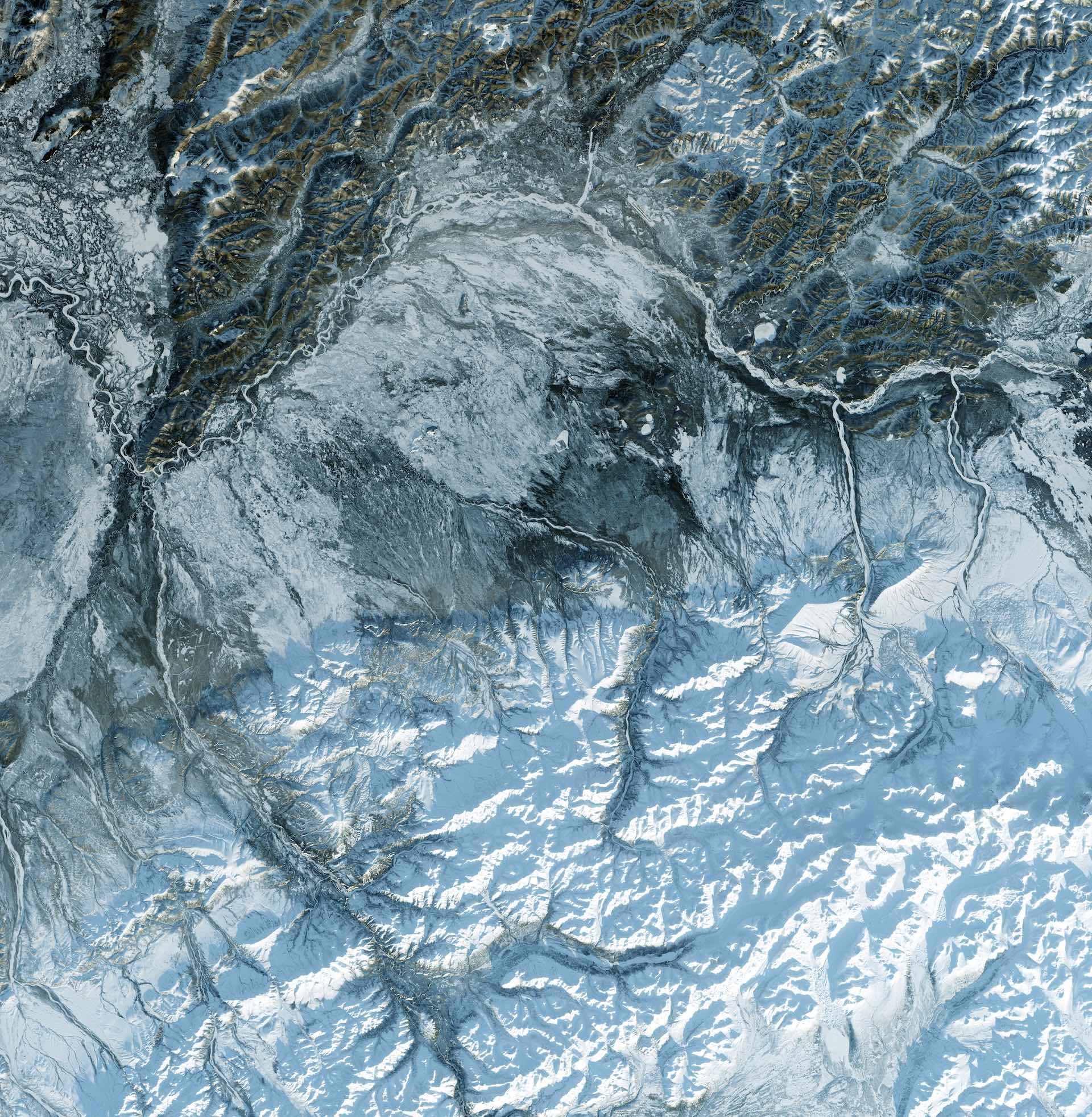The relationship between humans and water has ancient roots. OUr societies have been strictly intertwined with water in all its forms since the dawn of mankind. Today, climate change is threatening the availability of this precious element, necessary to our life on Earth, by causing most glaciers to retreat at unprecedented rates, with many experts sounding the alarm on water security.
Water-related climate change impacts stand center stage in current scientific and policy debates, making it a priority to enhance climate change adaptation capacity worldwide. Stakeholders of water management need scientific, data-based support to create integrated strategies and actions to adapt to climate change and to prevent and reduce the associated risks.
The Adriatic coastal region is particularly vulnerable to climate change impacts such as floods, coastal erosion, subsidence, droughts, and heat waves. Local municipalities are now preparing to respond with new and updated adaptation plans based on sound scientific evidence. Research shows that optimal adaptation planning relies on strong climate change information, monitoring and management tools.
The phenomenon of water scarcity is also affecting the agricultural sector. Water demand for corn, wheat, and grape production in the Mediterranean basin is projected to increase between 10 and 16%, while reductions in water resources are expected due to climate change and other global change drivers. A recent assessment of future crop consumption and irrigation requirements has provided guidelines for policy-makers to support the creation of effective adaptation policy planning.
In order to face the upcoming challenges of water management in times of uncertainty, cross-boundary and coordinated monitoring, modelling and management actions are needed, to support both integrated management and restoration in coastal areas. Awareness-raising and education initiatives are also important tools that help involve and engage all sectors of society.






